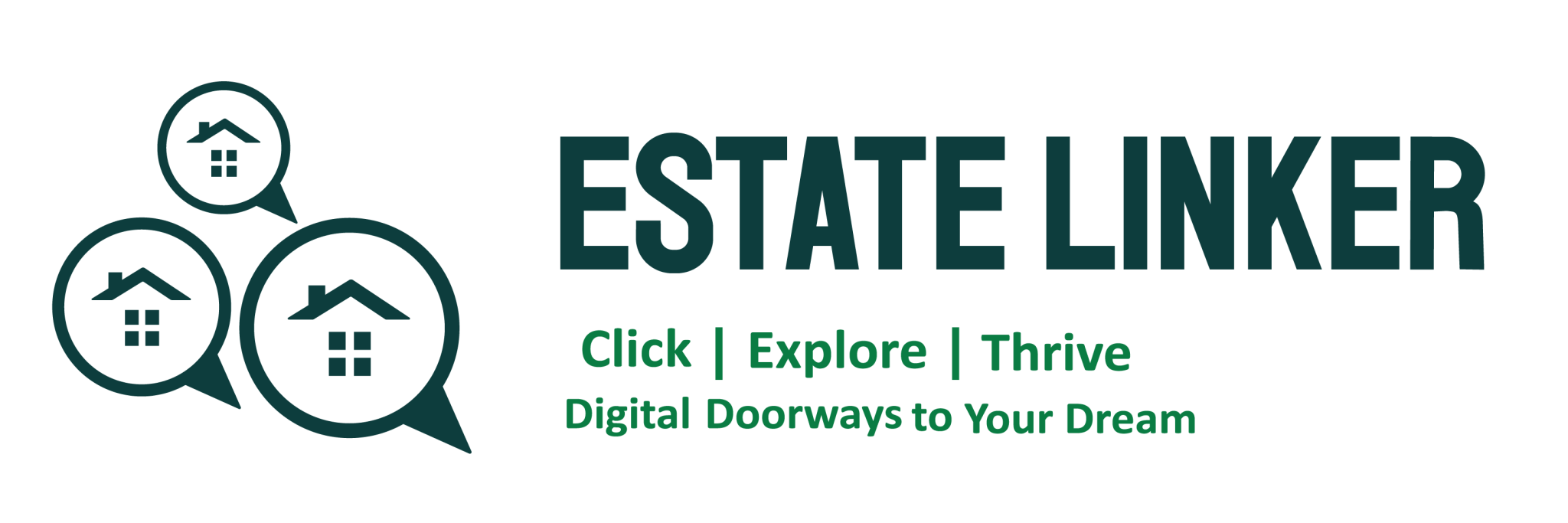mental-health-test1209
mental-health-test1209
Nine Things That Your Parent Teach You About Mental Health Diagnosis
Understanding Mental Health Diagnosis: A Comprehensive Guide
Mental health is an essential part of total well-being, affecting how people believe, feel, and act. Diagnostic processes for mental health disorders can be diverse and highly personalized. This post looks into the different aspects of mental health diagnosis, consisting of evaluation techniques, common disorders, and the significance of proper diagnosis and treatment.

What is Mental Health Diagnosis?
Mental health diagnosis describes the process of recognizing and classifying mental disorders based upon signs, behavior patterns, and psychological evaluation. The diagnosis is normally made by a qualified mental health expert, such as a psychologist, psychiatrist, or certified counselor. This process intends to comprehend the client’s condition thoroughly to supply effective treatments.
Value of Mental Health Diagnosis
- Understanding the Condition: Diagnosis helps in comprehending the underlying issues causing distress.
- Treatment Planning: A proper diagnosis enables healthcare suppliers to tailor treatments particularly to private requirements.
- Interaction: It provides a standardized language for healthcare experts, helping with collaboration and understanding.
- Access to Resources: Diagnosis frequently opens paths to different therapeutic resources, support system, and potentially medication if essential.
- Preconception Reduction: Clear diagnosis can assist reduce preconception associated with mental health by fostering understanding and empathy.
The Diagnostic Process
The process of identifying mental health disorders typically involves numerous stages, which can consist of the following:
- Initial Assessment: This is often the first action where a clinician conducts interviews, goes over presenting problems, and gathers relevant history.
- Standardized Screening Tools: Many mental health specialists use validated questionnaires to examine signs objectively.
- Clinical Observation: Clinicians might observe habits, psychological responses, and interactions in various settings.
- Physical Examination: A medical evaluation might be essential to eliminate other health conditions that may contribute to psychological symptoms.
- Partnership with Other Professionals: Sometimes assessments with other healthcare providers can offer a more comprehensive view of the client’s mental and physical health.
Common Diagnostic Tools
| Tool Type | Description |
|---|---|
| Structured Clinical Interviews | Extensive interviews with standardized questions developed to cover all relevant areas of mental health. |
| Self-Report Questionnaires | Tools like the Beck Depression Inventory or Generalized Anxiety Disorder 7 (GAD-7) used by patients to report their signs. |
| Observation Checklists | Clinicians can utilize these to observe specific behaviors in clients, specifically in children. |
| Neuropsychological Tests | Examine cognitive functions and can assist distinguish in between various mental health concerns. |
Common Mental Health Disorders
The following are a few frequently detected mental health disorders:
-
Depressive Disorders:
- Major Depressive Disorder
- Relentless Depressive Disorder (Dysthymia)
-
Anxiety Disorders:
- Generalized Anxiety Disorder (GAD)
- Panic Disorder
- Social Anxiety Disorder
-
Bipolar illness:
- Characterized by mood swings ranging from depressive lows to manic highs.
-
Schizophrenia and Other Psychotic Disorders:
- Hallucinations and misconceptions are substantial symptoms.
-
Personality Disorders:
- Examples consist of Borderline Personality Disorder and Narcissistic Personality Disorder.
Frequently Asked Questions (FAQs)
Q1: What are the signs that somebody may require a mental health diagnosis [Membership.parklandsbaptist.org]?A1: Common indications consist of
consistent sadness, anxiety, mood swings, withdrawal from social activities, changes in eating or sleeping patterns, and problem focusing. Q2: Can mental health disorders be diagnosed without going to a professional?A2: While self-assessment tools can provide insight, only a qualified mental health expert can provide a formal diagnosis. Q3: What need to one anticipate during a mental health diagnostic session?A3: You can expect an initial interview, conversations about your emotional and mental state, numerous assessments or questionnaires,
and potentially a physical evaluation. Q4: Are mental health diagnoses permanent?A4: No, mental health conditions can evolve with time. Routine re-evaluation helps to adjust treatment plans as required.
Q5: How does cultural context influence mental
health diagnosis?A5: Cultural beliefs can affect the analysis of symptoms, help-seeking behavior, and the stigma connected to
mental health issues. The Role of Treatment in Mental Health As soon as a diagnosis is made, the next action is to execute a well-rounded treatment plan that might involve the following: Therapy: Options include cognitive-behavioral therapy(CBT),
dialectical habits therapy(DBT ), and numerous others. Medication: Psychiatrists may recommend state of mind stabilizers, antidepressants, or anti-anxiety medications. Lifestyle Changes:
- Incorporating routine workout, a balanced diet plan, and enough sleep can considerably impact mental health. Support Networks: Joining support systemcan offeran excellent platform for sharing experiences and techniques. Mental health diagnosis is an important step
- towards understanding and improving the psychological wellness of individuals. Proper diagnosis makes sure that people get tailored treatment that
- resolves their unique conditions. As mental health continues to gain acknowledgment and minimize stigma in society, the procedures associated with diagnosis and
treatment will progress, ultimately resulting in much better support for those in need. By cultivating awareness and understanding, society can better manage and support mental health challenges.
treatment will progress, ultimately resulting in much better support for those in need. By cultivating awareness and understanding, society can better manage and support mental health challenges.


